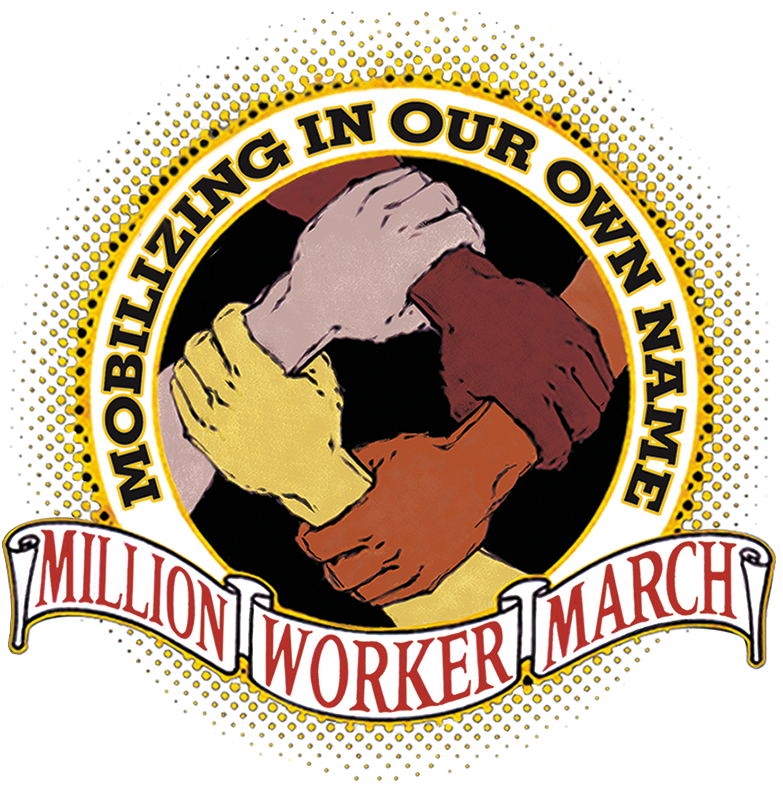‘Retired from the waterfront, but not from the struggle’: Clarence Thomas’ new book on port labor activism
“Mobilizing in Our Own Name: Million Worker March” sums up decades of longshore worker organizing in Oakland and beyond.
by RICKY RODAS
Article First Appeared in oaklandside.org: July 9, 2021
Clarence Thomas, Oakland native and labor activist, speaks at a Juneteenth rally at Frank Ogawa Plaza in 2020. Credit: Amir Aziz
Clarence Thomas, 74, spent the majority of his life working as longshoreman, loading and unloading ships docked at the Port of San Francisco. He comes from a long line of longshore workers who were members of Local IWLU local 10, an influential union based in San Francisco. Retired since 2015, Thomas recently edited and published his first book, “Mobilizing in our own name: Million Worker March,” which documents decades of ILWU-backed protests, written by the activists and workers behind the actions.
The Oaklandside spoke with Thomas recently about his family’s history in Oakland and the legacy of Black labor organizing in the Bay Area. Thomas will also be speaking on Saturday, July 10 from 2 to 4 p.m. at Laborfest, ILWU Hall on 400 N. Point Street in San Francisco.
This interview has been edited for length and clarity.
Tell us about your family’s history.
I come from an African American working class family. My paternal grandparents and father came to California in 1936. They resided in West Oakland, which was predominantly Italian and Portuguese at the time. My mom and my maternal grandmother migrated to Oakland in 1943. My grandfather came to work in the shipyard because victory ships (military cargo ships) were being built for World War II and people from all over the country were coming to work in the shipyards.

